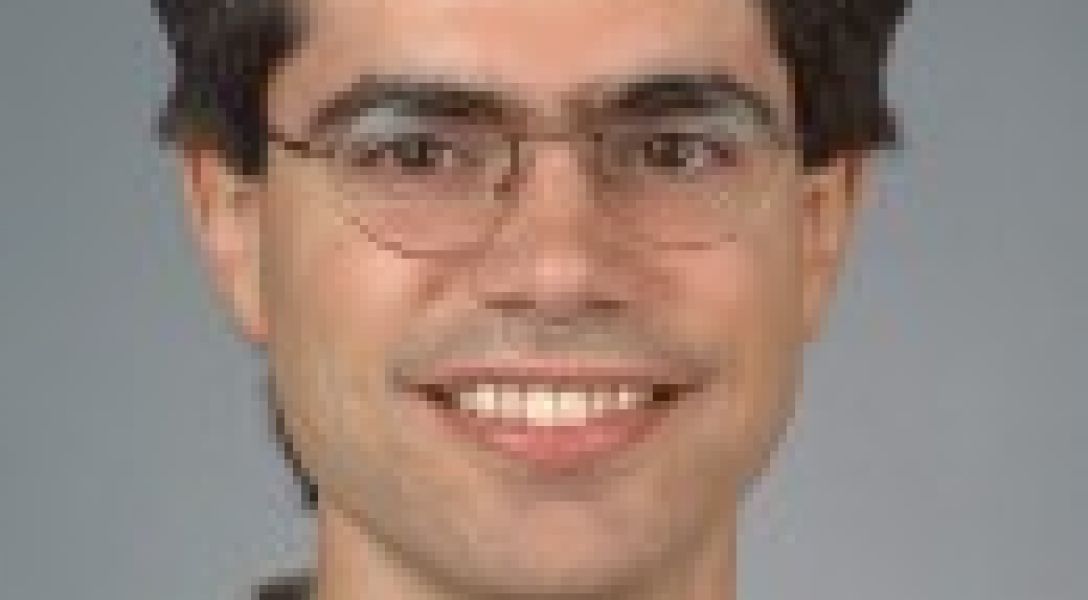Tom Loredo is a senior research associate & lecturer within Cornell University's Center for Astrophysics and Planetary Science. His research is largely in the emerging field of astrostatistics, while his teaching and advising activities are largely in statistics. Within astrophysics, Loredo works on the boundary of observation and theory, combining careful statistical data analysis with astrophysical theory to test models of astronomical phenomena, particularly in the areas of high energy astrophysics (supernovae, gamma-ray bursts, black holes, neutron stars), exoplanets, cosmology, and solar system astronomy. His work focuses on problems that can benefit from development of new statistical methodology, and largely adopts the Bayesian approach to statistics.
Talk: Salient feature discovery in astrophysics: Gamma-ray bursts and beyond
Abstract: Model misspecification is practically inevitable in frontier areas, when a new phenomenon is first being studied, or a previously-known phenomenon is being probed in a new regime. In these settings, scientists often seek to identify and measure salient features of the observed process or system, to build initial understanding; models are then useful to the extent that they accurately convey information about such features, despite misspecification. This talk describes work in progress on salient feature discovery using discrete data, motivated by diverse problems in astrophysics. Our prototype problem is decomposing high-energy photon count time series from gamma-ray bursts (GRBs) into pulses using Levy adaptive regression kernel (LARK) models. LARK models decompose GRB emission into pulses drawn from one or more parametric families of single-pulse kernels. To account for pulse shape misspecification, we supplement the pulse decomposition with a stochastic gamma process component. This enables robust discovery of salient features of the emission such as pulse multiplicity and time scales. We describe other areas of astronomy where salient feature discovery from discrete data may be addressed with similar approaches, particularly in cosmic demographics.



